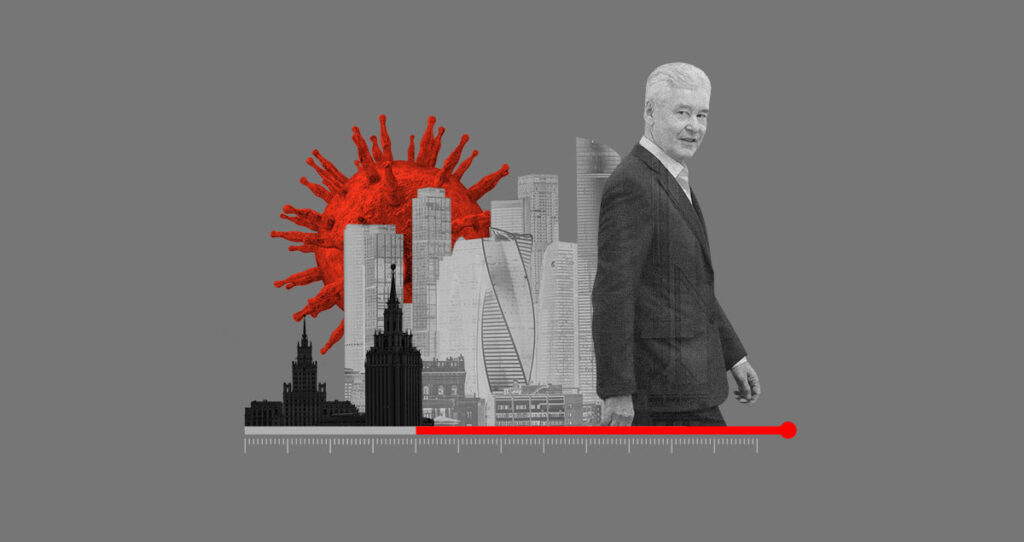
Are mass surveillance measures a bigger risk than COVID-19?
Early this week, plans for a system to enforce a Moscow lockdown were leaked on social media (Kommersant newspaper later confirmed their authenticity). It was a terrifying glimpse into an Orwellian future. They consisted of: compulsory QR-codes for all Muscovites further than 100 metres from their homes; a tracking app for those infected with COVID-19; and a sophisticated surveillance system involving mobile operators, banks and internet companies. The Bell looked at whether such a system is actually feasible.

- Most disturbing were the dystopian QR-codes. The plans suggested that people would be required to apply for a QR-code every time they left the house for an extended period. And if you were stopped by the police without a code, you would be fined. At first, City Hall said the QR-codes were not necessary. But a few days later, it revealed the system was ready, and could be implemented if necessary.
- The second part of the plans was a special app to monitor those being treated for COVID-19 at home. It functions like a house arrest bracelet: if a person crosses a designated perimeter, law enforcement gets alerted and a fine is issued automatically. The beta version of the app triggered criticism when it turned out that the app was getting access to all the data on the device on which it was installed. City Hall then announced it would distribute smartphones with the app so it wouldn’t be necessary to install it on your own device.
- Finally, the plans envisaged a complex system for tracking citizens during the pandemic using geolocation data from mobile operators, and surveillance cameras.
- Some of these measures are obviously feasible. For example, Moscow already has 105,000 functioning surveillance cameras with face recognition technology. And it would also be relatively easy for Moscow to build a system to track violations after the event, and automatically fine those breaking the rules.
- But the most ambitious measures – in particular 24/7 online monitoring of every Muscovite using geolocation – are much more complicated, according to some of the system’s creators contacted by The Bell.
Why the world should care
You may think that such a level of surveillance would be an effective way of cutting coronavirus transmissions. But nothing exists to regulate when such a system would stop functioning. It is also unclear where the collected data would be stored, or who would get access. Many fear that the pandemic will pass — but Big Brother will remain.’




